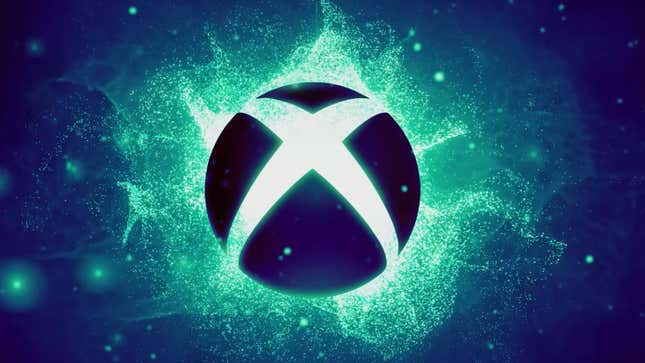
On Wednesday, the Federal Trade Commission cited Microsoft’s recent price adjustment for Xbox Game Pass as Evidence of the damage caused by the merger with Activision Blizzard had on consumers. The agency filed a new letter in its ongoing appeal of last year’s deal and called the changes “exactly the kind of consumer harm from the merger that the FTC has alleged.”
Despite losing the preliminary injunction proceedings to freeze Microsoft’s purchase of Activision Blizzard in July 2023, the FTC appealed the decision to the U.S. Court of Appeals for the Ninth Circuit. While it awaits a final decision from those judges, the FTC has submitted additional evidence to support its claims that the merger would reduce competition in gaming and harm customers, including a letter from earlier this year after Microsoft almost 2,000 employees laid off in the newly acquired teams.
Today’s letter (about Games Fray) is attempting to use Microsoft’s recent chaotic changes to Game Pass to bolster its point, pointing to the fact that Game Pass for Console is being eliminated for new and lapsed subscribers and replaced with a more expensive “Standard” package that will not include day-one releases like the ones this fall. Call of Duty: Black Ops 6, as part of the Activision deal. The result is that only the Game Pass Ultimate subscription, which now costs $20 per month, includes access to all Game Pass games.
“Microsoft’s price increases and product degradation – combined with Microsoft’s reduced investment in production and product quality through employee layoffs, see FTC letter dated February 7, 2024 – are the hallmarks of a company that exercises market power after the merger,” The FTC writes. It also points to a statement made by Microsoft in its filings during the trial last summer in which it indicated that Game Pass would not become more expensive just because Activision Blizzard games were being added.
“The acquisition would benefit consumers by [Call of Duty] available on Microsoft’s Game Pass on the day of release on the console (with no price increase for the service due to the acquisition),” the company wrote at the time. This specific quote made the rounds on several Sitesand has since appeared to be contradicted by this month’s sharp price increases, although Microsoft could likely try to argue that it wasn’t the acquisition directly that drove the revamp, but a larger strategy shift around its subscription services business.
“Microsoft’s post-merger actions thus confirm Congress’s plan to temporarily halt mergers to fully assess their likely impact on competition, as well as the judicial skepticism toward promises that are inconsistent with a company’s economic incentives,” the FTC’s letter concludes. It’s not clear when a final decision will be made on appeal, and it’s hard to imagine what the consequences would be if Microsoft were to ultimately lose. It would undoubtedly be even more chaotic and confusing than the Game Pass overhaul.



